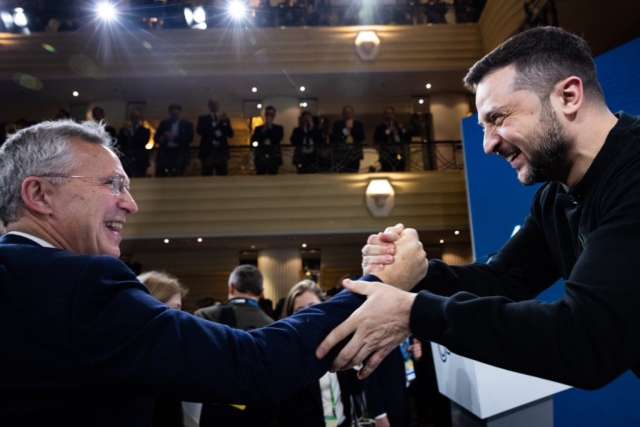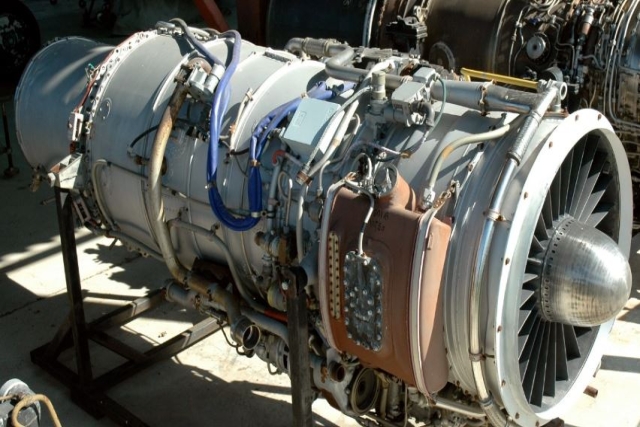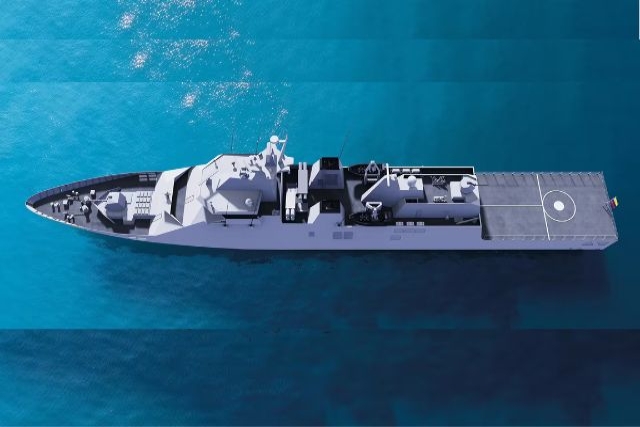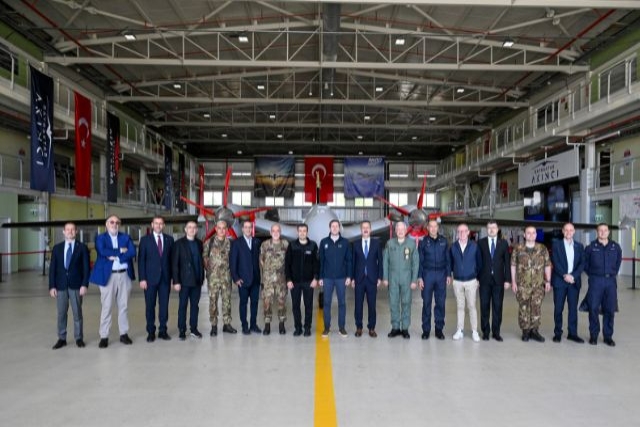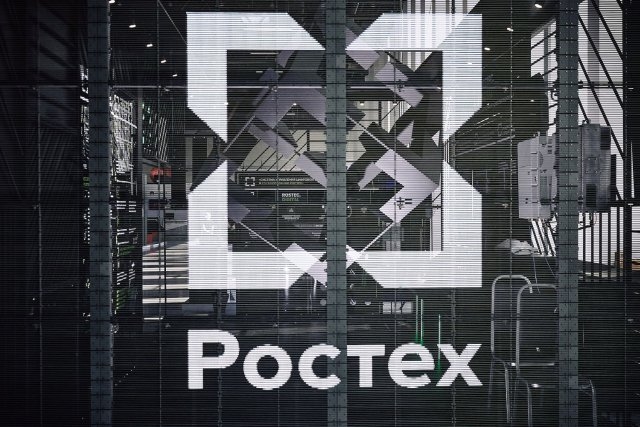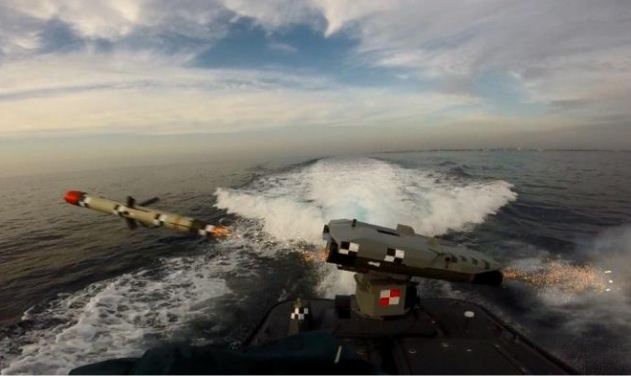Belarus Firm Starts Large Scale Artillery Ammo Manufacture for Russia
The company is producing 152-mm and 122-mm artillery shells for various cannons and howitzers, as well as 122-mm unguided rockets for the 9K51 "Grad" MLRS.
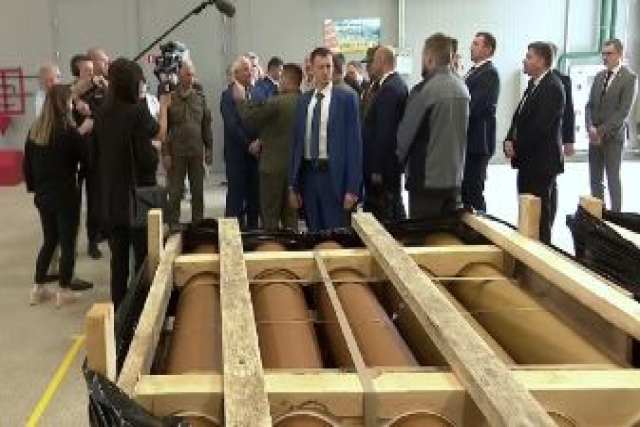
Belarusian firm JSC Legmash has begun large-scale production of artillery ammunition in Orsha, Belarus.
The company is producing 152-mm and 122-mm artillery shells for cannon artillery, including howitzers D-30, D-20, Msta-B, Giatsint-B, and their self-propelled modifications. Additionally, the facility is manufacturing 122-mm unguided rockets of the 9M22U-1 line to replenish the ammunition of the 9K51 "Grad" multiple launch rocket system (MLRS).
Chairman of the State Committee for Military Industry, Dmitry Pantus, recently accompanied President Alexander Lukashenko during a visit to the production site, providing an overview of the manufacturing processes involved. “All the products that the Orsha Legmash Plant has traditionally produced for export should be further manufactured, and production volumes should grow,” Lukashenko was quoted as saying by SB News during his visit to the plant on May 29.
This development coincided with a statement from Lithuanian Foreign Minister Gabrielius Landsbergis, who asserted that Kyiv has the right to strike strategically important targets within Belarus.
Prior to his meeting with NATO foreign ministers in Prague, Landsbergis said he believes that if Russia places valid military targets in Belarus, Ukraine has the right to strike them. "If Russia, fearing that targets in Russia could be struck, moves them somewhere else, I feel that the choice of target should also be changed accordingly," the Lithuanian foreign minister was quoted as saying by European Pravda.
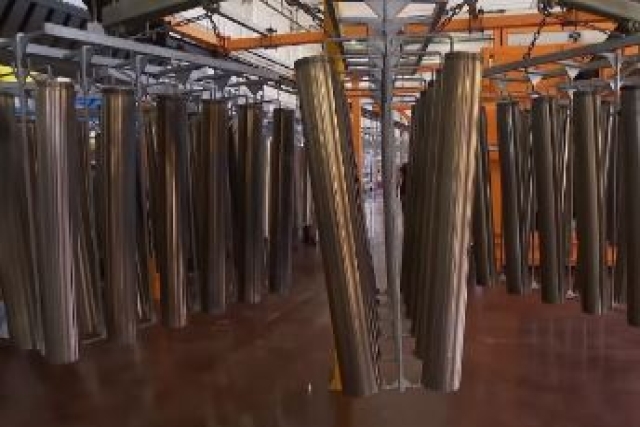
From 2018 to 2023, the production volumes at Legmash Plant JSC increased almost eight times, and wages rose four-fold. The profitability of sales of its products rose by 12%.
Last week, Polish defense officials detailed a plan to enhance anti-drone surveillance and build fortifications along 700 km of its border with the Russian exclave Kaliningrad and Belarus. The Shield-East project aims to protect Poland from border hostilities, including illegal migrant push-ins, and is set for completion in 2028. This plan arises amid growing fears of Russian aggression following Moscow's invasion of Ukraine.
Shield-East, costing 10 billion zloty ($2.55 billion), involves fortifications, hubs, and telecommunication systems in collaboration with eastern NATO allies- Finland, Estonia, Latvia and Lithuania. Poland is seeking EU funding to help cover the costs, strengthening the eastern border of the 27-member bloc. Shield-East is separate from the wall on the Belarus border built by Poland's previous government to prevent a migrant influx purportedly orchestrated by Minsk.
